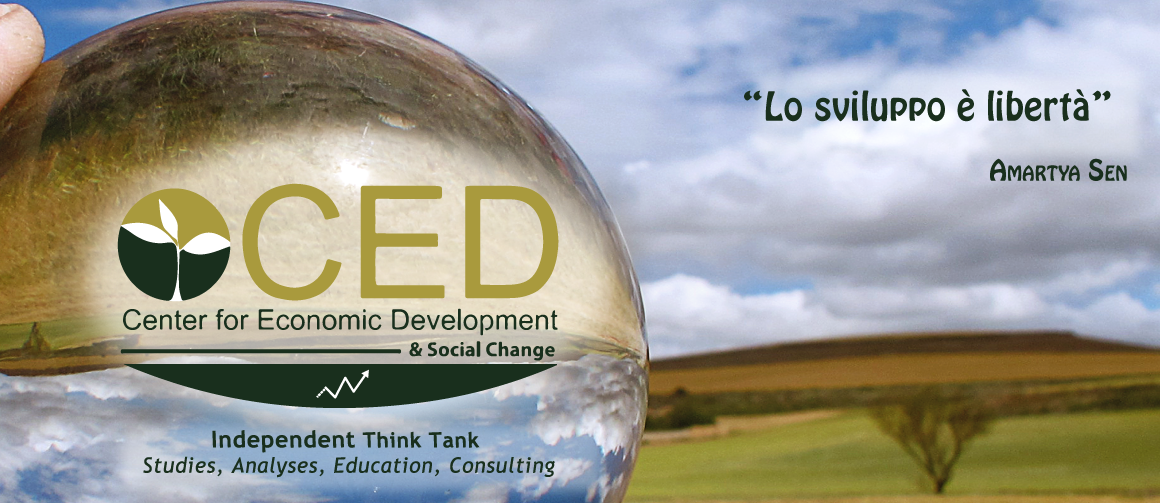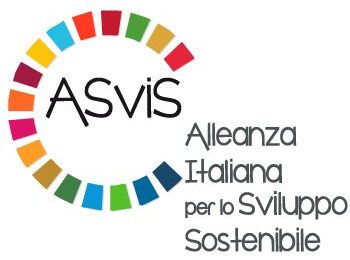An Assessment of the 2030 Agenda: CED at FEEM International Workshop

The last 15th December 2017, the International Workshop on “Measuring Progresses towards the 2030 Agenda: An Updated Assessment” took place in Milan. The event was organized by FEEM – Fondazione Eni Enrico Mattei and AsVis – Alleanza Italiana per lo Sviluppo Sostenibile. If it is too early to assess the whole process of achievement of SDGs, adopted in 2015 by…













